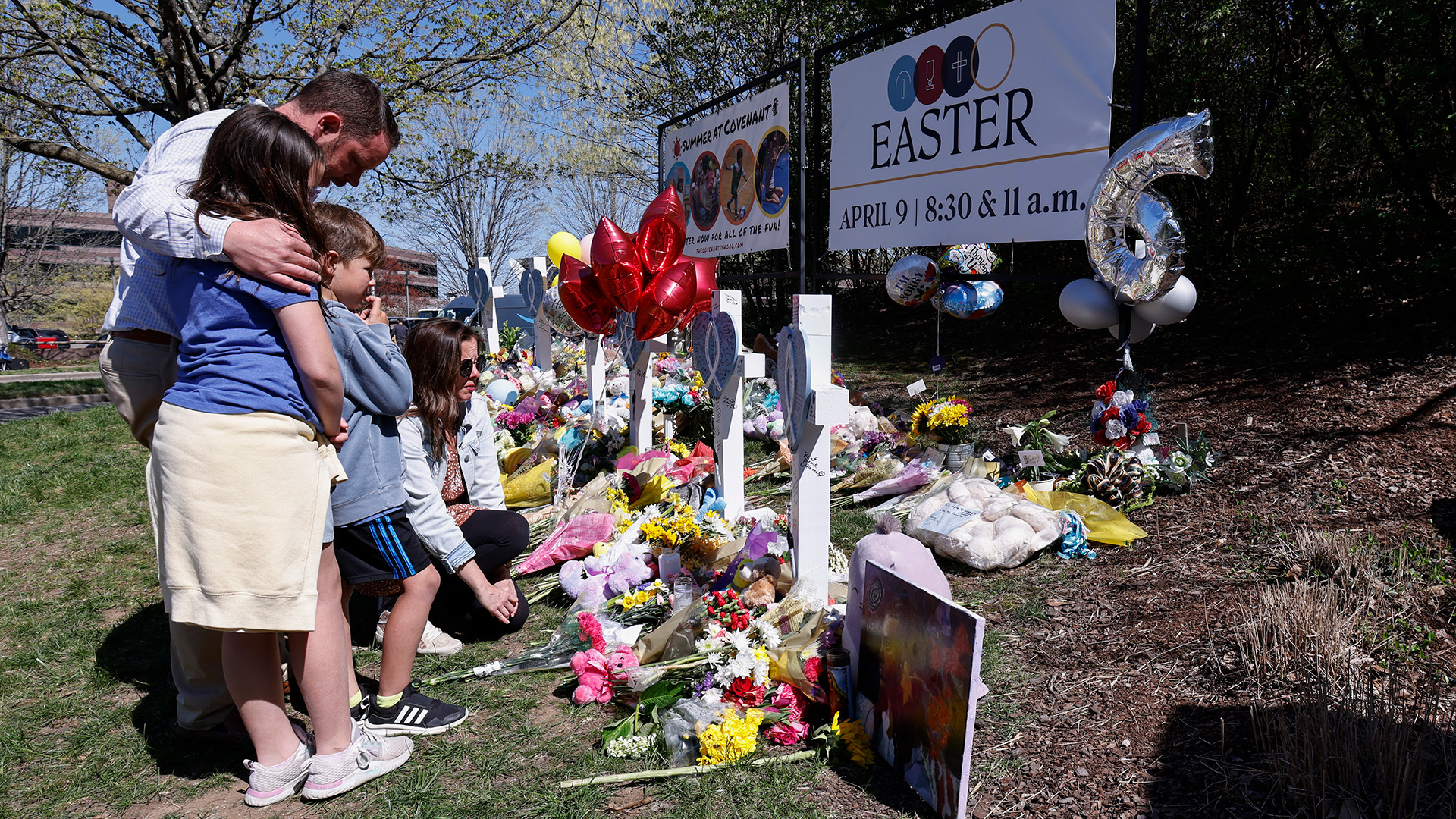Where I live in Nashville, it has been a dark time of unspeakable tragedy. Six lives were lost: three wonderful children and three amazing adults.
Nashville is a very small big town. We’re all connected, one way or another—which means we’ve all been impacted by the lives and the loss of all six of these individuals. I personally knew one of the victims, Katherine Koonce; and for the rest of my life, I will feel the loss of the brilliance, strength, kindness, and humor she brought to our community.
As a therapist, I’ve sat with thousands of families in 30 years of counseling children. I know the heartache and panic that comes with trying to walk kids through trauma. So when I first heard of the shooting, my first thought was that we should never have to have these conversations with anyone, let alone kids.
But as I have had the immense, heart-wrenching privilege of spending time with the Covenant families—both in the reunification center and in a meeting for the parents and teachers—I realized they wanted help in knowing how to talk to their kids about what feels unspeakable.
How can parents navigate telling their kids about what happened, both here in Nashville and at other schools across the nation?
First, stay calm as you are talking with your kids. They need to feel like you are a safe place to ask questions and process their feelings.
Second, try to be the primary source of information for your kids. They need to hear about the situation not just factually but also age-appropriately.
Third, let them lead the conversation and ask the questions. Children have the innate ability to ask for the information they need.
Fourth, ask them what feelings they are experiencing, and give them space to feel all the emotions.
Fifth, don’t process your feelings out loud with them. Instead, carve out other time in your day to process your own thoughts and emotions without them.
Sixth, talk about what they can control. What can they do when they get nervous or scared? Ask them what will help them feel safe at school.
Seventh, think about the helpers involved (the teachers, police officers, etc.), and determine ways your own family can become helpers in the situation.
Eighth, don’t feel like you must have all the answers.
Ninth, remind them of the facts you do know. Return to the foundational truths that God is with you and that God was with them. And God loves them. And God is sad too.
On Tuesday morning, I was asked to do an interview for CNN about this very topic.
And when I drove to the address given to me, I didn’t realize it was across the street from Covenant. I hadn’t dressed warmly enough for an outside interview. I found myself standing next to the reporter, about to go live on national TV. I’m not sure whether it was from the cold or nervousness, but I found myself shaking and choking back tears—and I was struggling to pull myself together.
But when I looked across the street at Covenant, I saw two banners. One sign was for the school and church, and the other was announcing the upcoming Easter service next week. And for some reason, seeing those two signs brought me immense comfort in that moment.
The only real answer we have right now, our only light in these dark days, is Easter. Christ has died. Christ is risen. Christ will come again.
Sissy is the Director of Child and Adolescent Counseling at Daystar Counseling Ministries in Nashville. Follow her and Raising Boys and Girls for more parenting resources.









